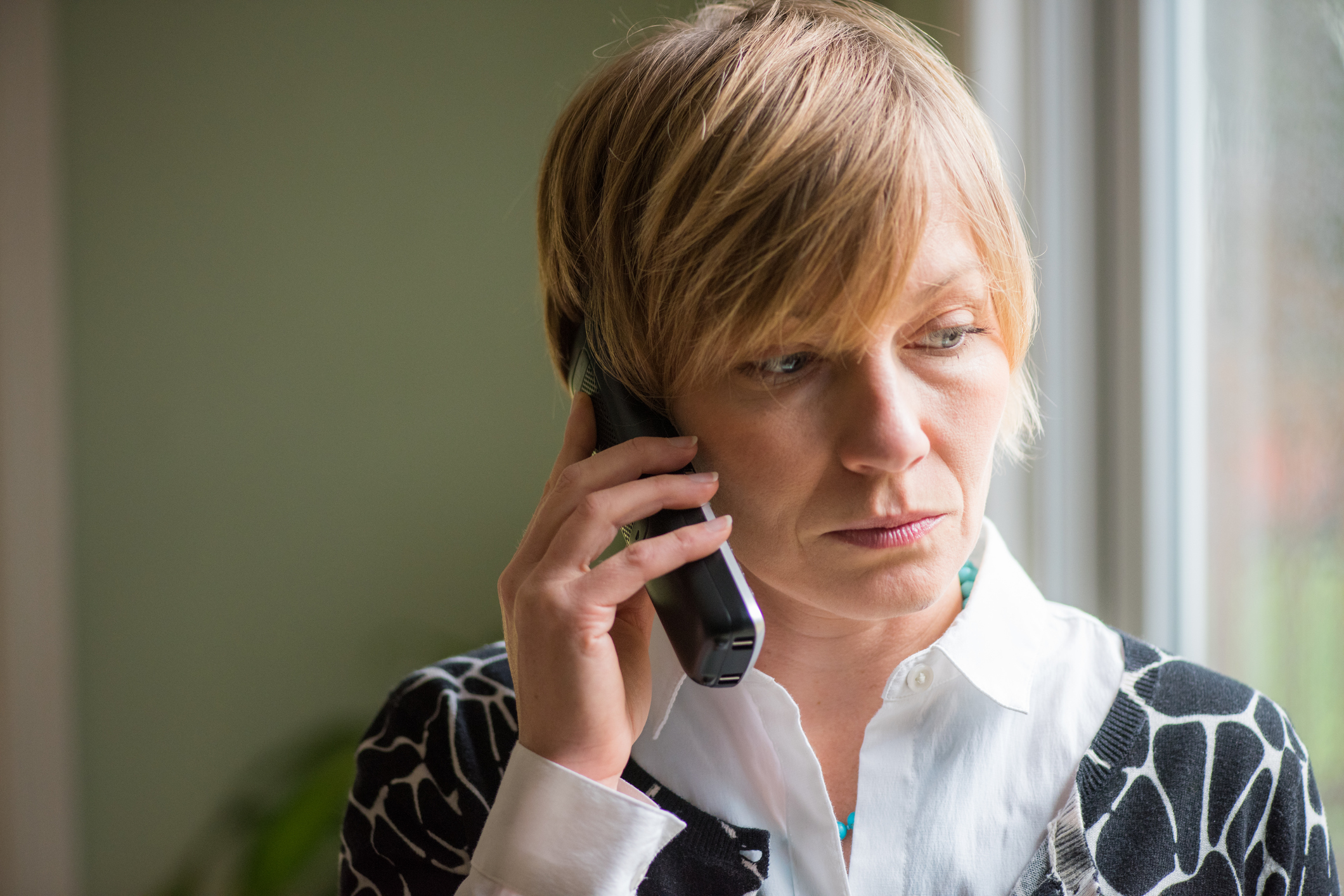PET scan
This scan can be used to diagnose cancer, see if your cancer has spread or check whether a treatment has worked.
What is a PET scan?
A PET (positron emission tomography) scan uses a small amount of radiation to diagnose or monitor your cancer.
Before the scan, a low dose of radiotracer (radioactive sugar) is injected into your arm. An hour or so later, you will have the scan. The PET scan uses the radiotracer to highlight cancer cells in your body. This can give your doctor more information about where the cancer is or if it has spread to other tissues and organs.
Before the test
You may be asked not to eat and to drink only plain unflavoured water for around 6 hours before the test. You may be asked to avoid sugar or caffeine for a time too.
You may be asked to avoid strenuous exercise for 24 hours before the scan.
You will need to remove any jewellery and any other objects containing metal.
You may be asked to change into a hospital gown.
Having the injection
- You will have an injection of radioactive sugar into your veins, usually in your arm.
- You will have to wait for around an hour for the sugar to travel around your body. You will be asked to lie still and try to relax during this time.
- You might like to bring earphones so you can listen to music or a podcast while you’re waiting.
- The radioactive sugar shows up where the cancer cells are, so your doctor can see if the cancer has spread to other tissues and organs.
How long does it take?
After the injection you will have to wait about an hour before having the scan, to let the radioactive sugar spread through your body. The scan itself usually lasts between 20 minutes and an hour.
During the test
About an hour after the injection, you will have a scan.
You will lie on a table which moves through a scanning ring.
You will be asked to stay still during the scan.
The radiographer will be in another room, they will be able to hear you and speak to you during the scan.
Are there risks/side-effects?
You will be slightly radioactive after the PET scan, so you should not have close contact with pregnant women, babies or young children for a few hours after the scan. Drink plenty of fluids and empty your bladder regularly after the scan. This can help flush the radiotracer from your body.
Questions to ask about getting results
You can ask your medical team:
- How long before I get my results?
- Who will give me my results - doctor in the hospital or GP?
- How will I get my results - face to face, phone call, letter?
Related links



Talk to a Cancer Nurse

Support Line
Our Daffodil Centres

